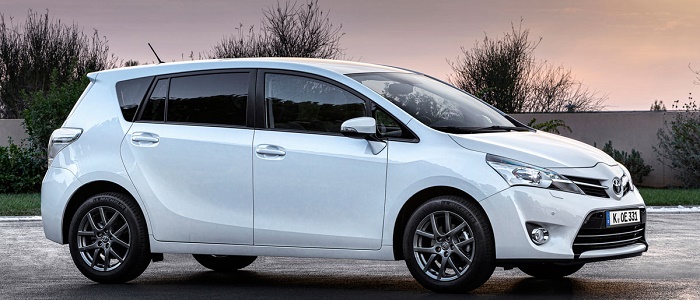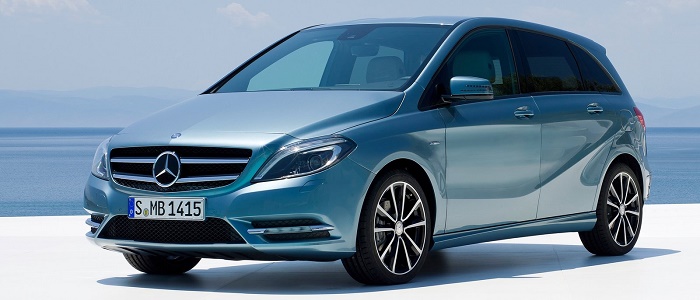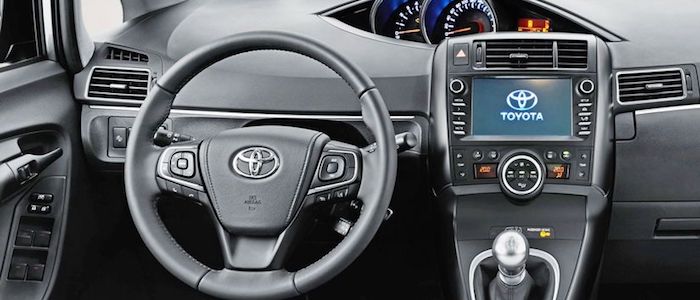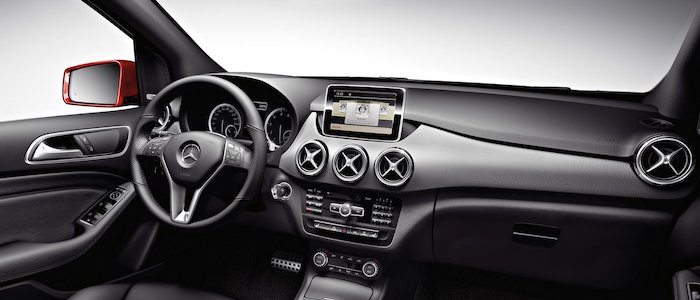Compare two cars
Compare any two cars and get our Virtual Adviser™ opinion
Marketing
Dimensons & Outlines
Engine
2.0 M274 DE20 AL LP
Performance (manual gearbox)
Performance (automatic gearbox)
Expenses
Virtual Adviser's™ opinion
Two significantly similar cars, no doubt about that. Still, each one has something different to offer. Having both cars powered by petrol engines and utilizing the 5-door MPV body style within the same 'MPV' segment, the only major difference here really is their wheel drive configuration (front for the Toyota and 4 x 4 in the case of the Mercedes Benz). The first one has a Toyota-engineered powertrain under the hood, a 4-cylinder, 16-valves 147hp unit, while the other one gets its power and torque from a 4-cylinder, 16-valves 184hp engine designed by Mercedes Benz.
SafetyA starting point here would be to take a look at the results from European New Car Assessment Programme (Euro NCAP) tests which were performed on both of the cars, with the same number of safety stars gained in the process. Moving further on, let's take a closer look at some additional safety-related facts. Both vehicles belong to the mpv segment, which is generally a good thing safety-wise, but it doesn't do much to help us decide between the two. On the other hand, when it comes to weight, a factor that most people underestimate, the German car offers a marginal difference of 2% more metal.
ReliabilityI don't like generalizing things when it comes to reliability, although it does seem that Toyota as a brand displays somewhat better results, when all the models are taken into account. These are the official statistics, while our visitors describe reliability of Toyota with an average rating of 4.6, and models under the Mercedes Benz badge with 4.4 out of 5. Unfortunatelly, I don't have enough insight that would allow me to comment in more details on the specific models level. That apart, owners of different cars powered by the same engine as the Japanese car rank it on average as 5.0 out of 5, exactly the same as the other one.
Performance & Fuel economyMercedes Benz is undoubtly more agile, reaching 100km/h in 2.9 seconds less than its competitor. In addition to that it accelerates all the way to 225 kilometers per hour, 35km/h more than the other car. When it comes to fuel economy things look pretty much the same for both cars, averaging around 6.7 liters of fuel per 100 kilometers (42 mpg), in combined cycle.
Verdict
Toyota appears just a bit more reliable, although the difference is truly marginal. The most important thing when deciding between any two vehicles should always be safety, both passive and active. In my opinion, everything taken into account, the German car offers slightly better overall protection and takes the lead. It all continues in the same direction, with Mercedes Benz being considerably quicker, thus putting more smile on driver's face. To make things even better, it consumps less fuel! It's not difficult to say then that if I'd need to make a choice, it would definitely be the Mercedes Benz. Anyway, that's the most objective conclusion I could've came up with and it's based solely on the information found on this website. Aspects such as design, practicality, brand value and driving experience are there for you to measure them out. I suggest you spend two more minutes in order to find out which car, based on your needs and budget, would be picked by the virtual adviser™, among thousands of similar, yet so different vehicles.

































